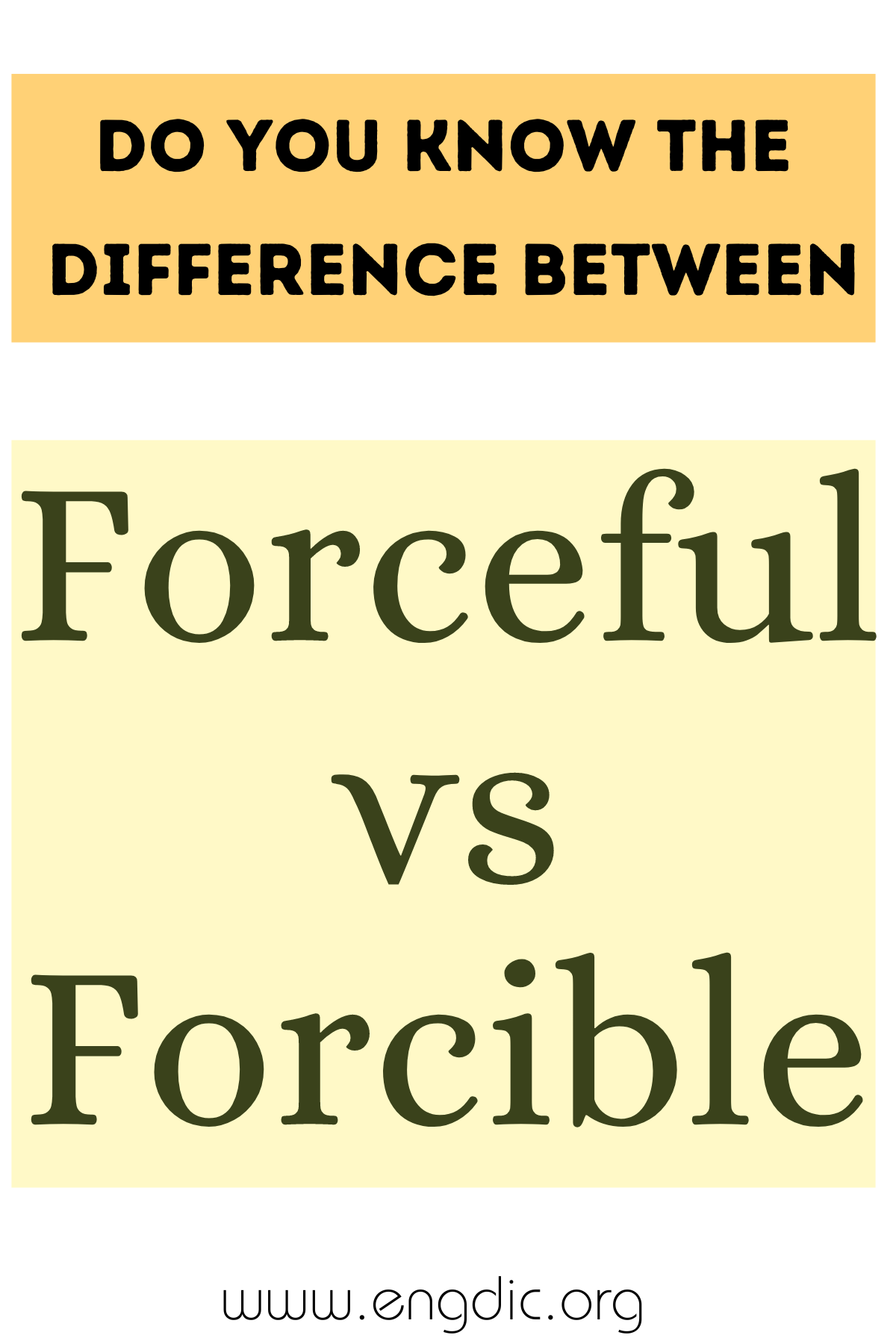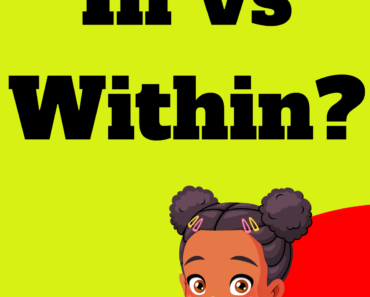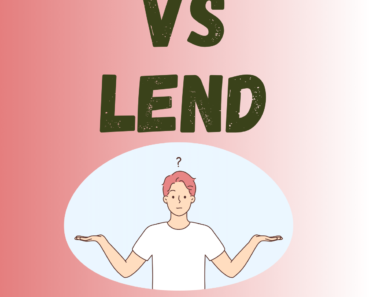Though often used interchangeably, “forceful” and “forcible” convey distinct nuances.
- “Forceful” describes a strong, persuasive, or assertive demeanor, often involving verbal or mental influence rather than physical power.
- In contrast, “forcible” refers to actions achieved through physical force, typically against someone’s will or without consent.
Understanding the nuances between these terms helps in choosing the right word for different contexts, as “forceful” is more about strong personality or argument, while “forcible” pertains to literal physical actions.
Forceful
Definition: Having strong, assertive, and convincing qualities; vigorously effective.
Usage: “Forceful” is used to describe someone or something that commands attention through compelling speech, presence, or arguments, but without necessarily resorting to physical force.
- Persuasive Speech: “Her forceful argument convinced the board.”
- Dominant Personality: “He was known for his forceful leadership style.”
- Strong Impressions: “The film left a forceful impression on the audience.”
Forcible
Definition: Done by force; using physical power or violence, especially against resistance or someone’s will.
Usage: “Forcible” applies to actions carried out through physical force, often implying illegality or coercion.
- Illegal Entry: “The burglar gained forcible entry into the house.”
- Violent Seizure: “The police used forcible measures to disperse the crowd.”
- Non-consensual Acts: “Forcible restraint was used on the suspect.”







